Transcend Staff Reflect on Latinx Heritage Month
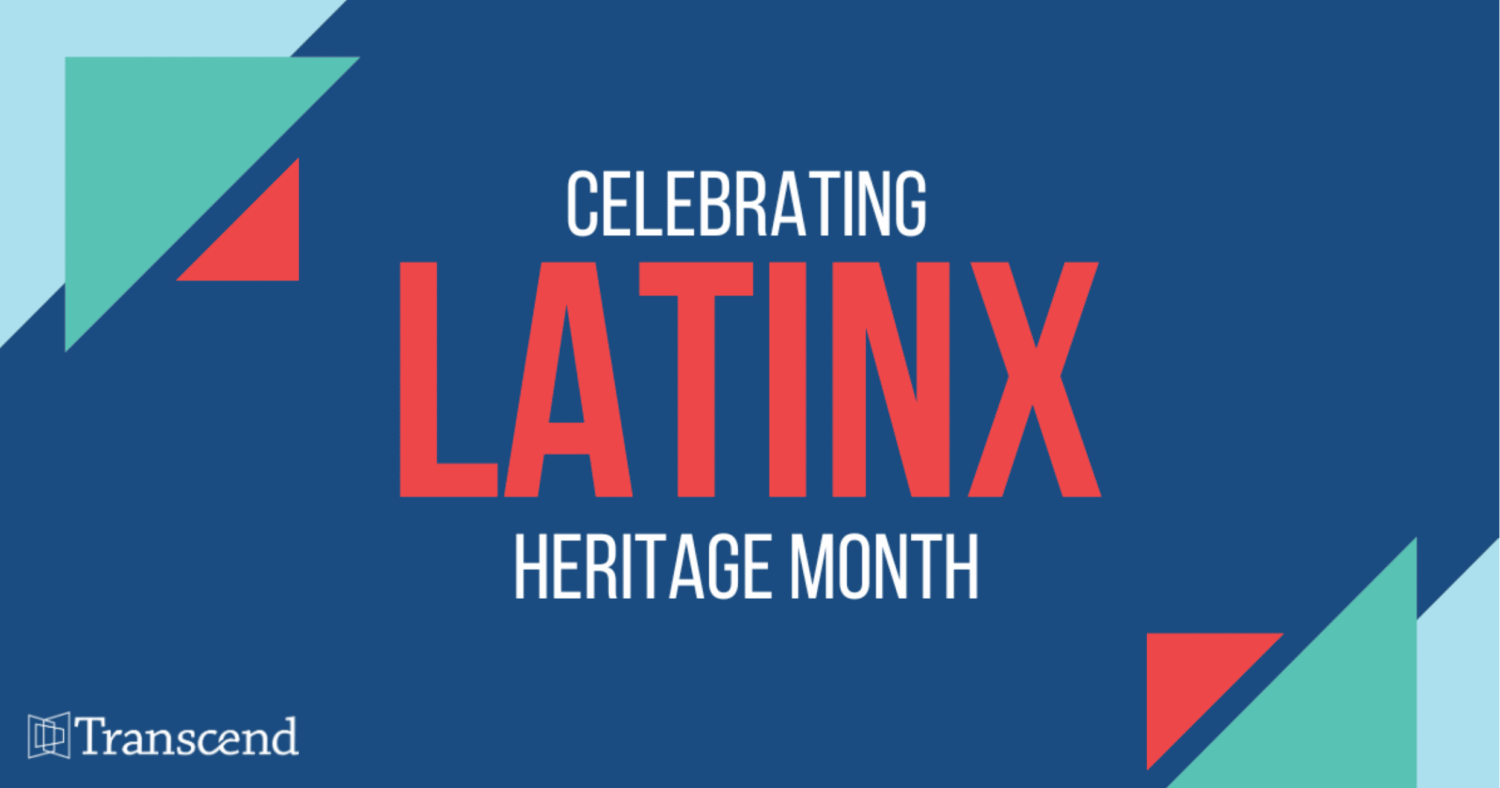
From September 15 through October 15 of each year, the U.S. celebrates the contributions Latinx individuals have made to the country and world. Latinx Heritage Month wasn’t always a monthlong celebration, however.
At the height of the Civil Rights Movement in 1968, President Lyndon B. Johnson proclaimed September 15—chosen to coincide with the commemoration of independence for many Latin American countries—the start of National Hispanic Heritage Week. It wasn’t until 1988 that the celebration expanded to a full 31 days.
When first signing the bill brought forth by California Congressman George E. Brown, Jr., President Johnson called on people—“especially the educational community”—to observe it with activities and ceremonies. Latinx team members at Transcend encourage this same call: for all to celebrate the rich history and culture, and to support Latinx students so that they may thrive in a space where they get to be themselves.
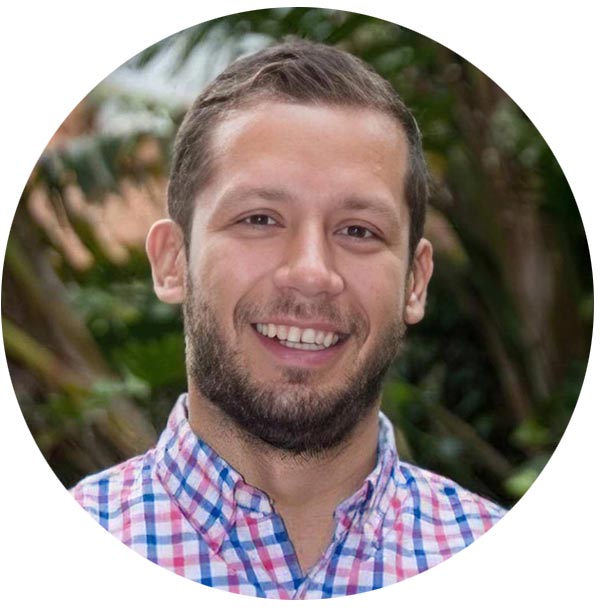
Pedro Carreño, a school design partner, felt the pressures of assimilation growing up as a queer, Colombian immigrant. He draws on that experience when working to make education better for all students.
“I do this work to ensure that children have schools and communities that are identity-affirming places, where kids can explore and flourish into every beautiful aspect of themselves, and be proud of all of who they are and where they’ve come from,” he says.
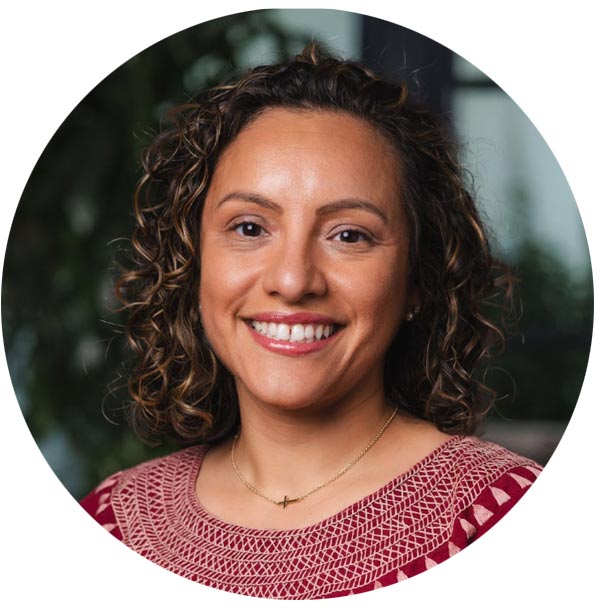
Celestina De La Garza, a school design partner, shares a similar message this Latinx Heritage Month. When thinking back to what she would want her high-school self to know about pride, belonging, and identity, De La Garza shared this: “Worry less about whether you belong and more about whether you belong in a group or place where you are accepted for being your authentic self. Anyone’s beliefs or stereotypes about who you are or where you come from are a reflection of who they are and their experiences and not a reflection of you or your identity. My Latina heritage is a source of strength and beauty. Embrace it with pride.”
Pride and understanding the history go hand-in-hand. A study conducted by Johns Hopkins University found that only 12% of important Latino history topics were covered well in high school textbooks.
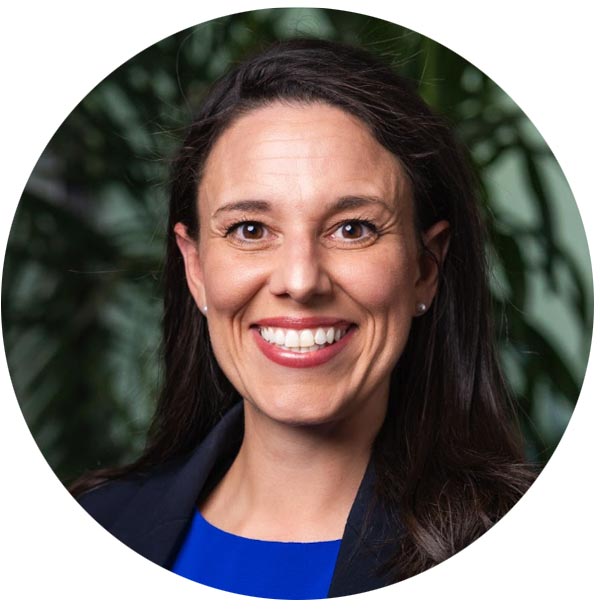
Taina Torres, Managing Partner of the Rural Schools Design portfolio, took it upon herself to learn her own history. She started interviewing her papi a few years ago to learn more about his childhood. The stories were filled with a deep love and respect for Puerto Rico and its people. That had Torres reflecting on the stories she missed going through school.
“I spent many years in classrooms where I didn’t see Puerto Ricans in the stories we read or the teachers I looked up to, and where my name often felt inconvenient,” she says. “My schooling experience was filled with a narrative that didn’t make space or include stories like my papi shared. This is one reason that school design is so deeply personal for me.”
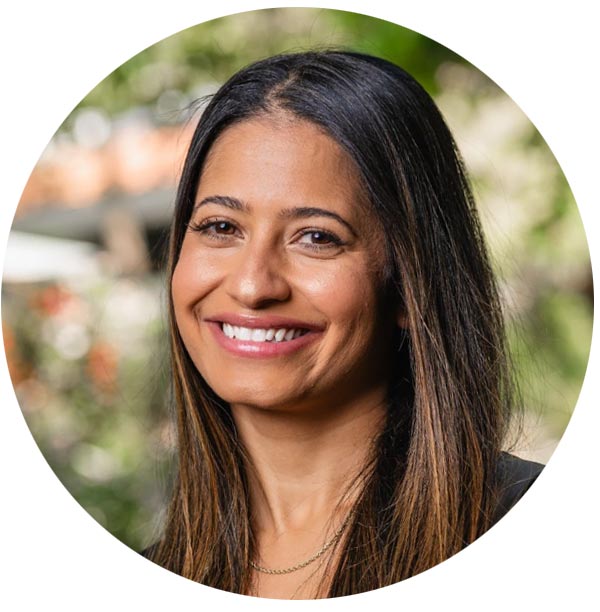
Estefany López, a partner on the program team, also keeps her family at the forefront when considering changes to the education system. “I am a direct immigrant from the Dominican Republic, and that has shaped my entire life,” she shares. “From the educational systems I’ve been a part of to the educational inequities I was able to recognize at a very young age to being the first person in my family to go to and graduate from college, I recognize that the choices I make are not just for me; they’re for my sisters, cousins, nieces, nephews—for my people, for the culture.”
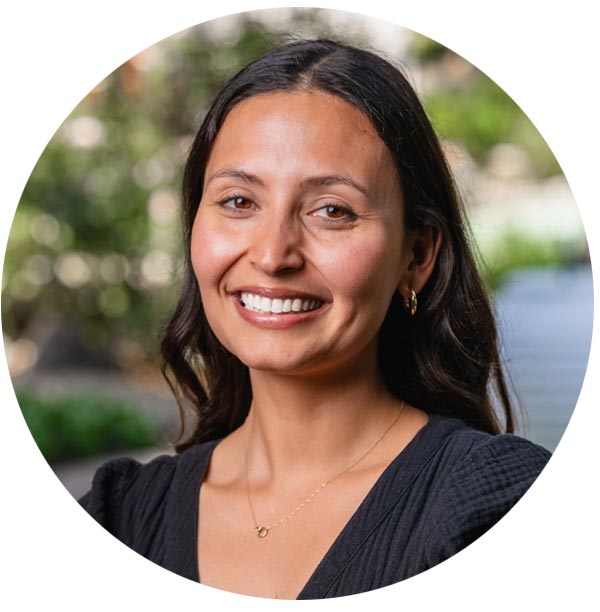
For Manuela Monsalve, Partner for Talent, there is hope that the education system will be transformed to celebrate the identities of all students. “I arrived in the United States from Medellín, Colombia, three short months after 9/11, and distinctly recall the palpable feeling that I did not belong and that I was different,” she says. “My experiences navigating the public education system as an immigrant and English learner are why I pursued a career in education. I dream of the day when all schools provide young people with educational experiences that affirm their belonging and guide them to unprecedented opportunities.”
We wish everyone a happy Latinx Heritage Month celebrating the community’s collective identity, culture, and contributions.
Transcend supports communities to create and spread extraordinary, equitable learning environments.

